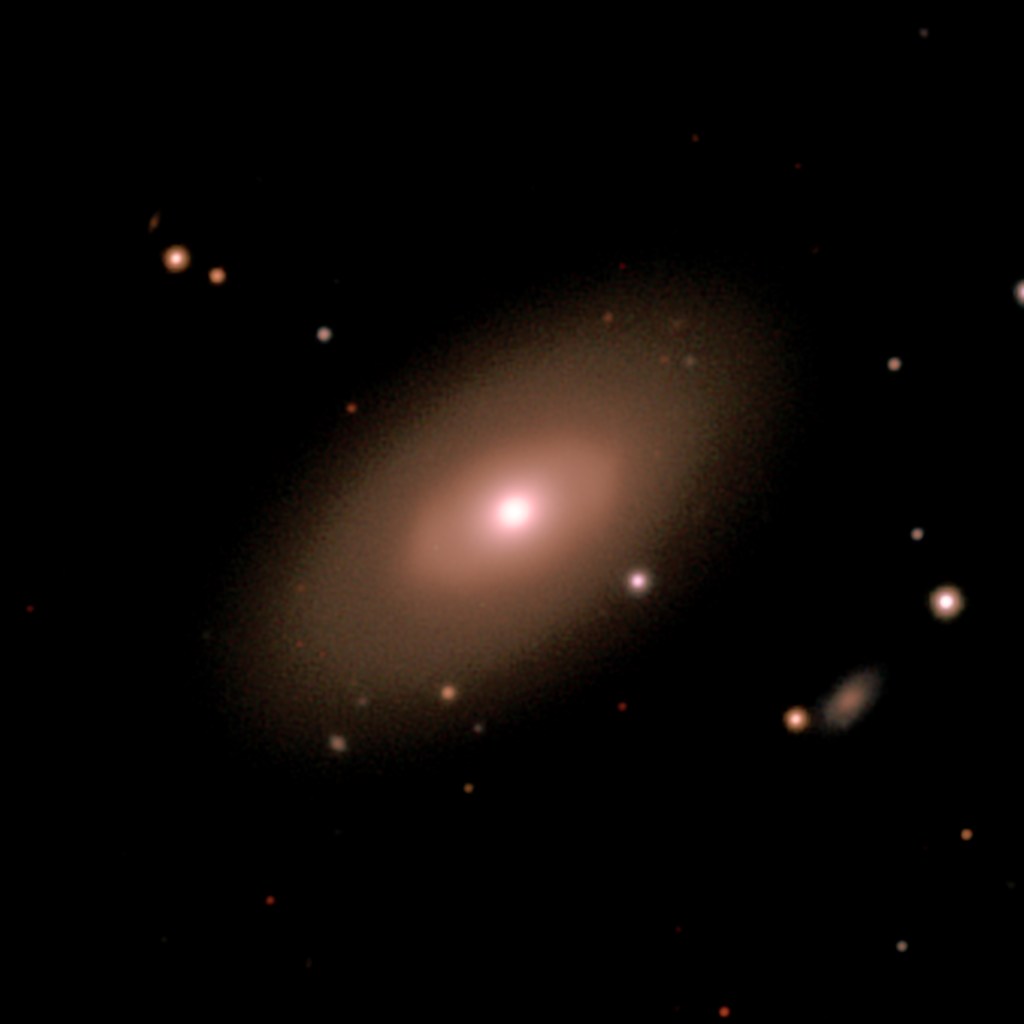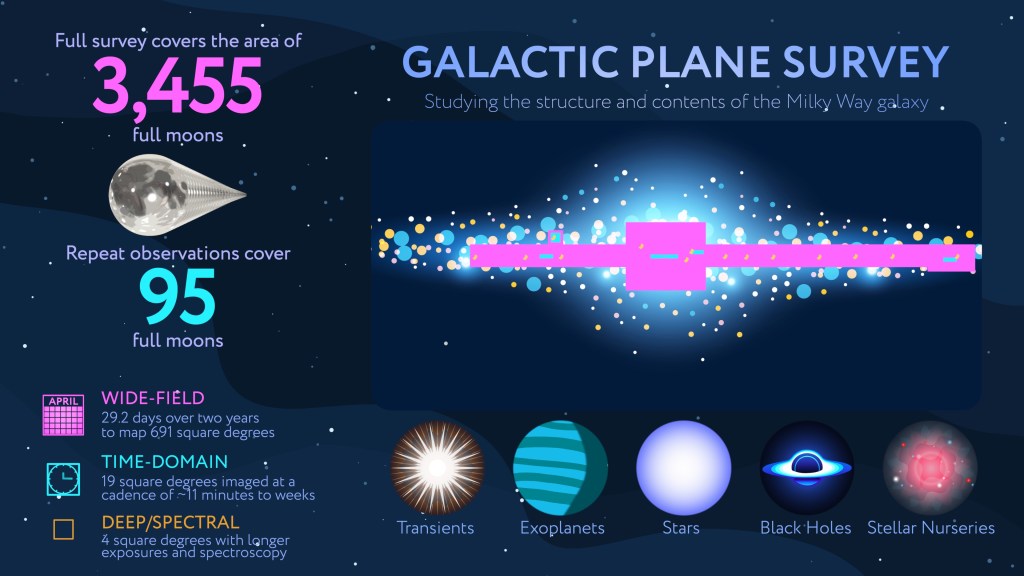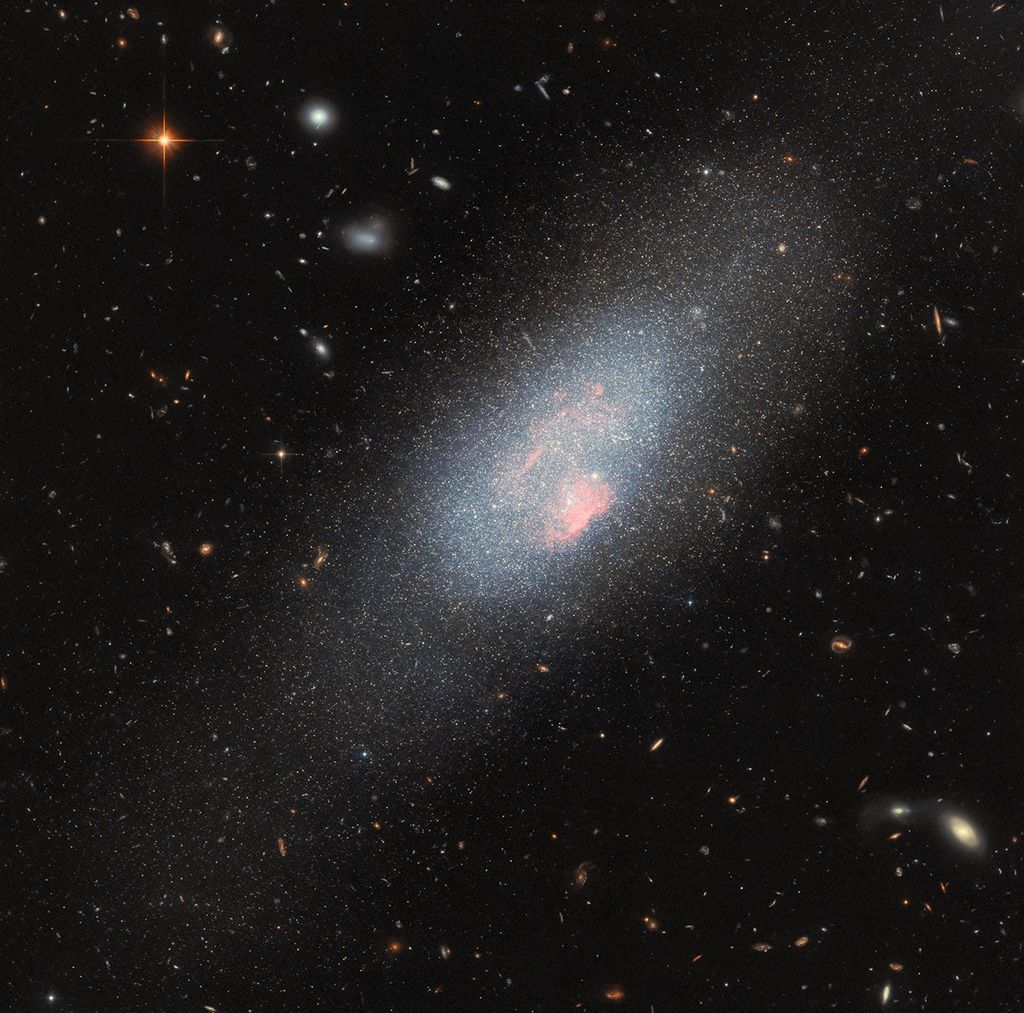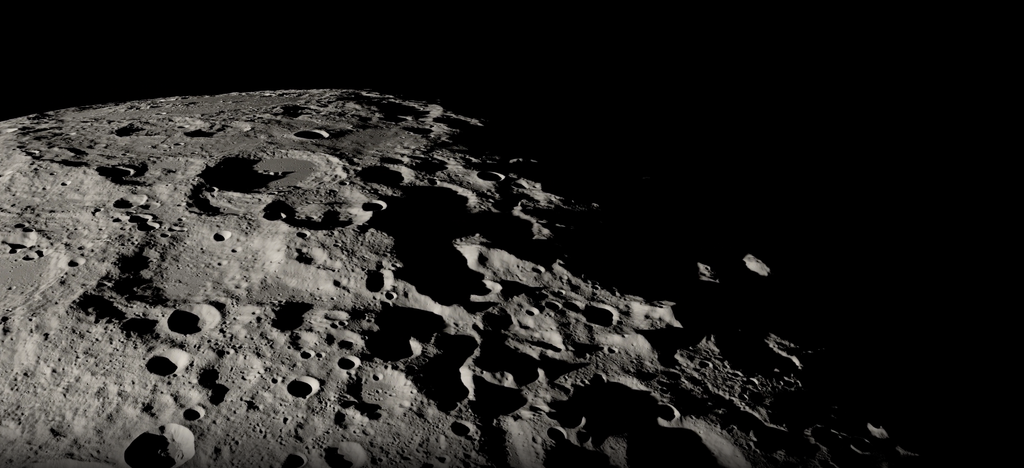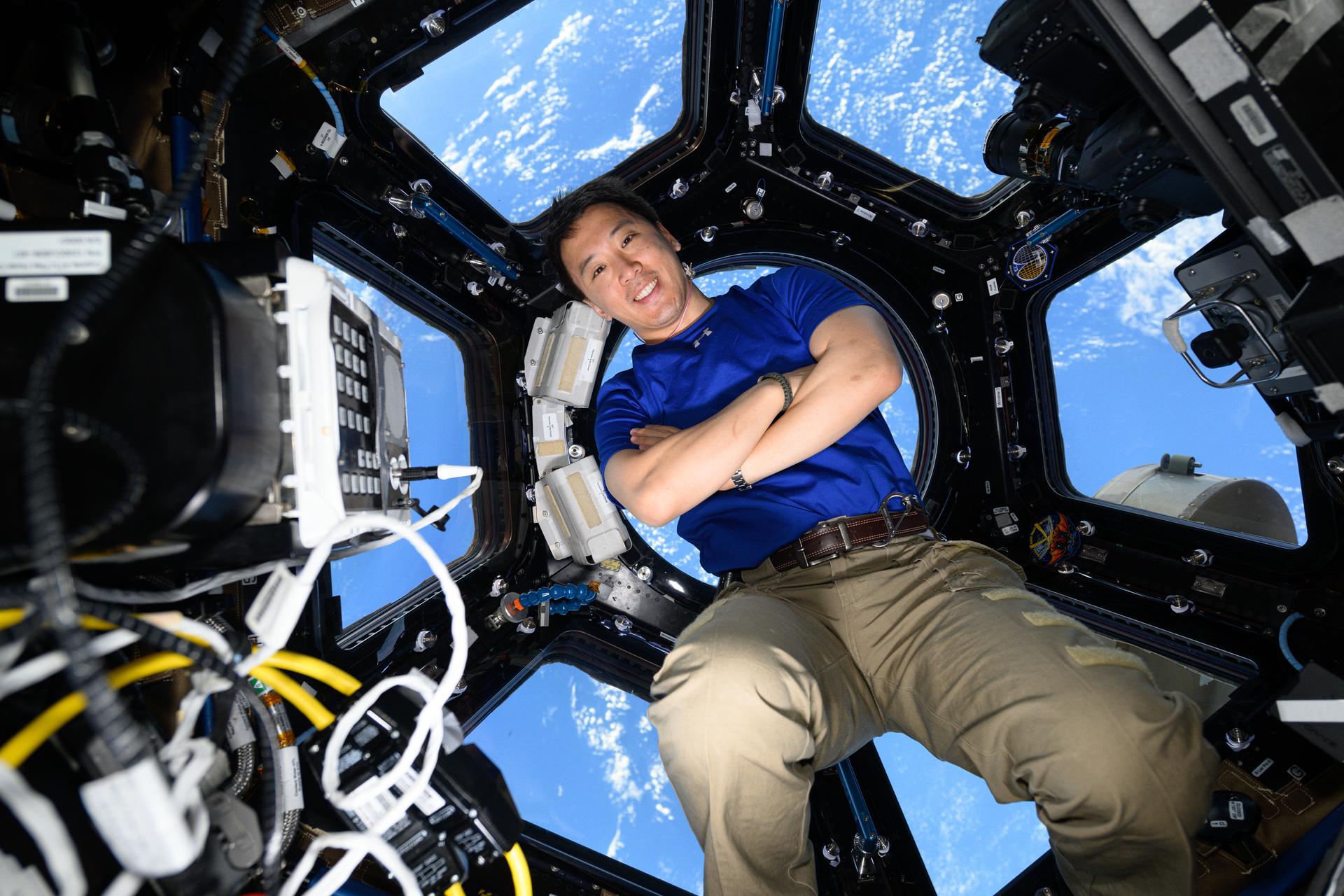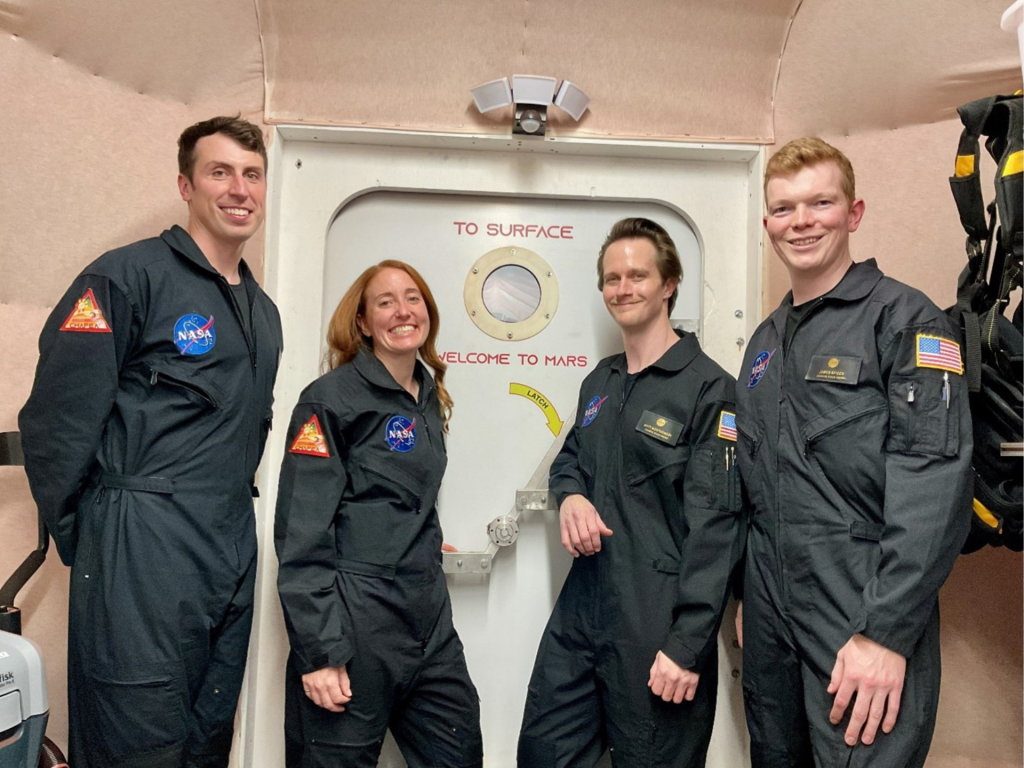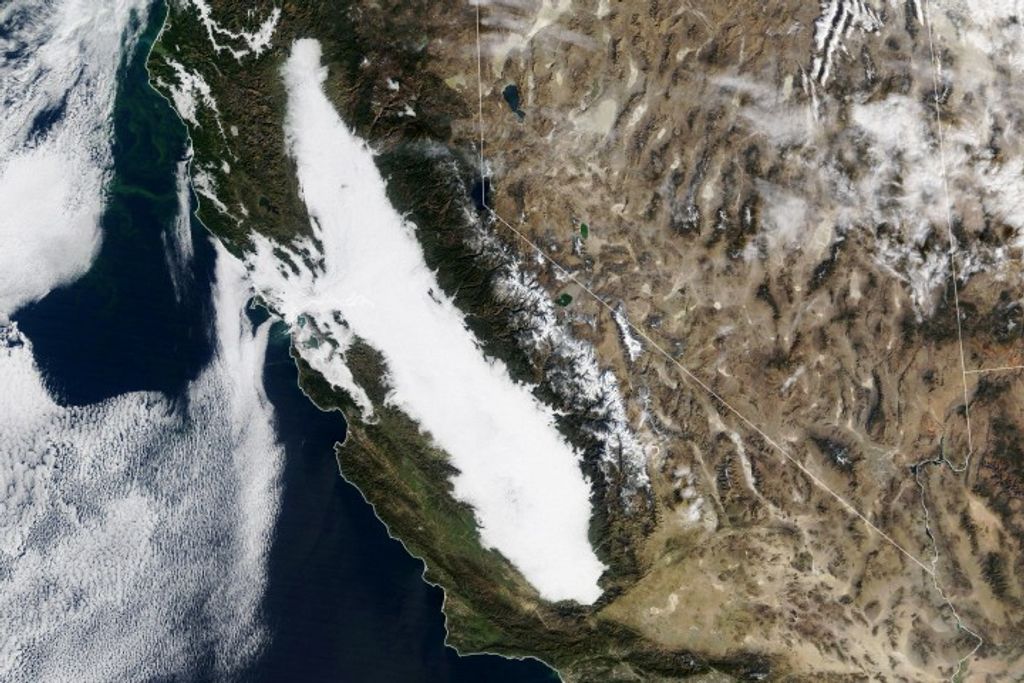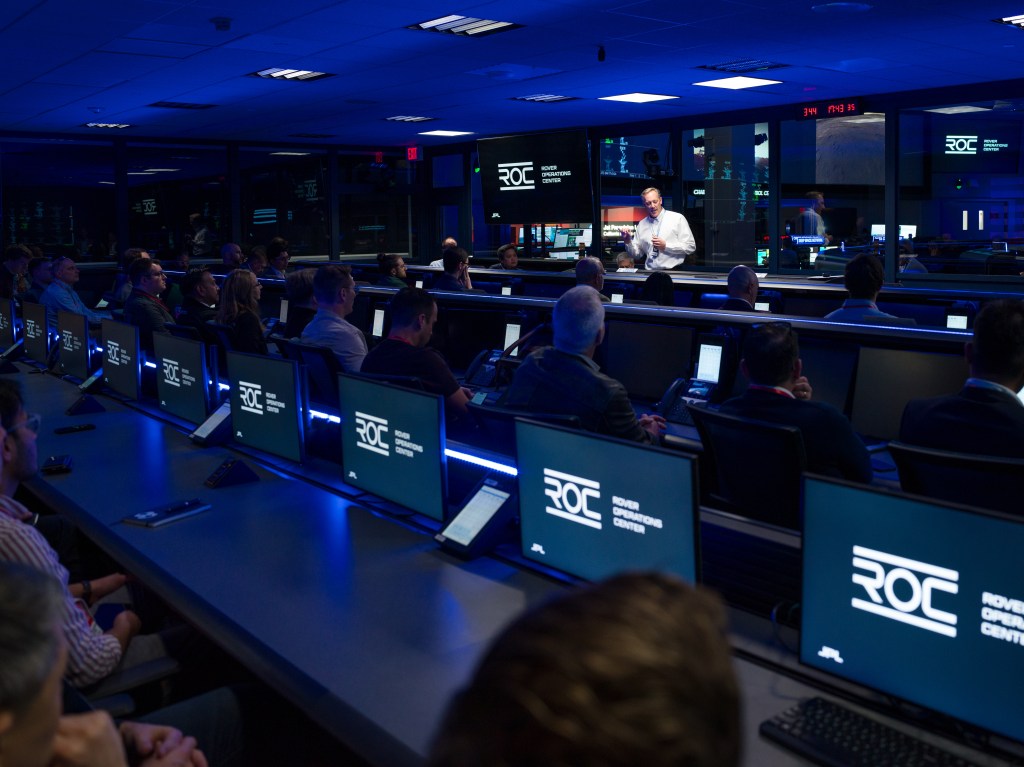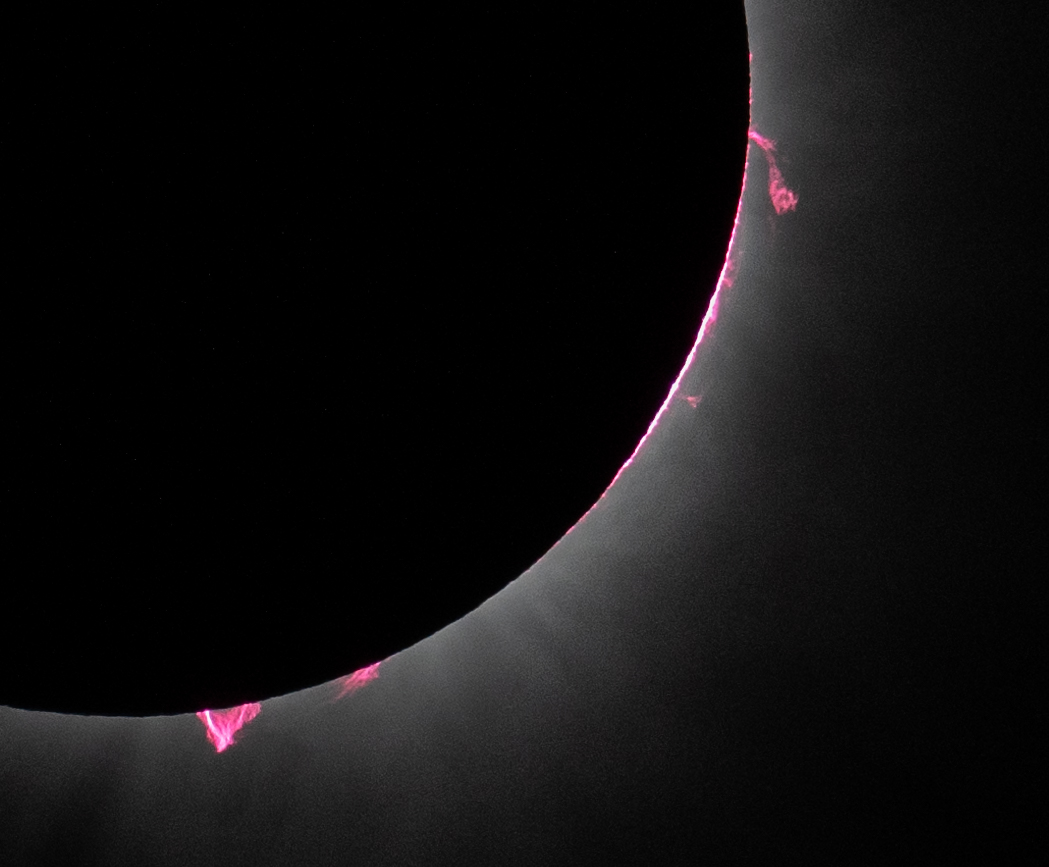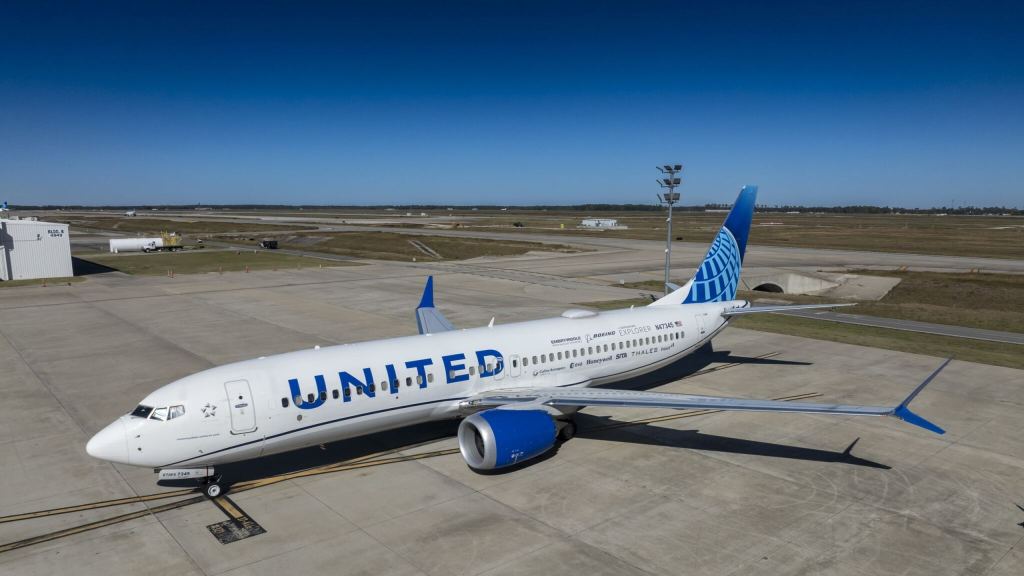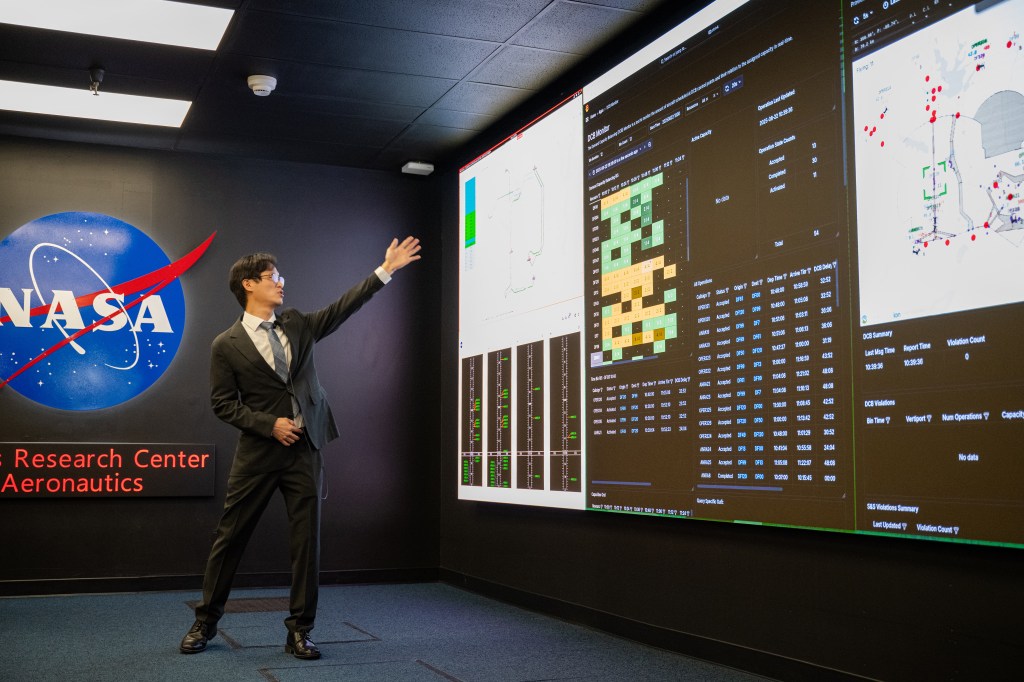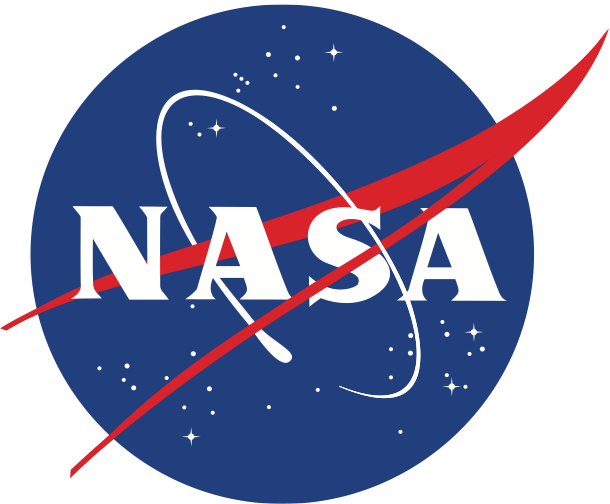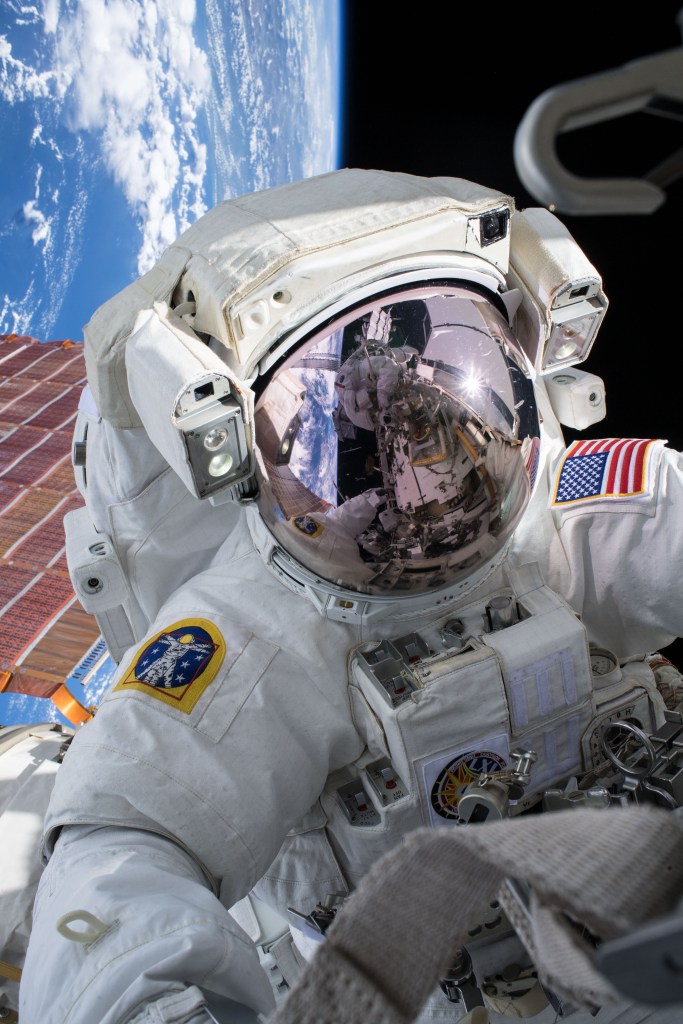NASA will air live launch coverage of the agency’s Cislunar Autonomous Positioning System Technology Operations and Navigation experiment (CAPSTONE), the first spacecraft to fly a specific unique lunar orbit ahead of future missions with crew.
CAPSTONE is targeted to launch no earlier than Monday, June 27, aboard a Rocket Lab Electron rocket from the company’s Launch Complex 1 in Mahia, New Zealand. The instantaneous launch opportunity is at 3 a.m. PDT (10:00 UTC). Live coverage will begin at 2 a.m. on NASA Television, the agency’s website, and the NASA app.
The destination for this microwave oven-size CubeSat is a near rectilinear halo orbit (NRHO). That same orbit is planned for Gateway, a multipurpose outpost that will provide essential support for long-term astronaut lunar missions as part of Artemis.
Six days after launch, the Photon upper stage will release CAPSTONE into space for the first portion of the spacecraft’s solo flight. After a four-month journey to the Moon, CAPSTONE will test the dynamics of the NRHO for at least six months, helping reduce risk for future spacecraft. CAPSTONE will also demonstrate innovative spacecraft-to-spacecraft navigation technology and one-way ranging capabilities that could help future spacecraft fly near the Moon with reduced need for communication with Earth.
Learn more about CAPSTONE at:
NASA’S Small Spacecraft Technology program within the agency’s Space Technology Mission Directorate (STMD) funds the demonstration mission. The program is based at NASA’s Ames Research Center in California’s Silicon Valley. The following subject matter experts from Ames are available for virtual interviews the week of June 27:
- Ali Guarneros Luna is a senior aerospace engineer for NASA’s Small Satellite Technology Program at NASA Ames. Guarneros Luna contributed to the lunar navigation project that will demonstrate the cislunar autonomous positioning system (CAPS) the CAPSTONE mission will use to navigate.
- Elwood Agasid is the deputy program manager for NASA’s Small Spacecraft Technology Program and the project manager for the CAPSTONE mission at NASA Ames. Agasid has worked on and overseen several small satellite missions during his career, including NASA’s first nanosatellite demonstration mission (GeneSat-1).
Media requesting a virtual interview with one of the above subject matter experts from Ames Research Center should email Corinne Edmiston at corinne.m.edmiston@nasa.gov.
Additional media resources are available at:
-end-
Corinne Edmiston
Ames Research Center, Silicon Valley, Calif.
650-604-4789
corinne.m.edmiston@nasa.gov


